The future of TikTok in the US is in doubt as the date for the app's ban approaches. The popular short-form video sharing app, owned by Chinese technology company ByteDance, has been scrutinised by US lawmakers over its apparent links to the Chinese Communist Party.
National security concerns are the main driving force behind this, with the company having access to the data of 170 million American users.
If the bill comes into effect, owners ByteDance would be forced to sell the app to an American company or face a ban in the country.
With the future of TikTok uncertain, many people have been turning to tech like the best VPNs as a potential tool to bypass the ban and continue to access TikTok in the US. But is this possible, and what might a ban look like?
What will happen if TikTok is banned in the US?
We may see a resolution at the 11th hour, but as it stands, TikTok will be banned in the US on 19 January 2025 unless its owners can find a US-approved buyer.
With a ban being a realistic outcome, we must ask the question of what one would actually look like. However, before we go any further, it is worth noting that we are dealing in hypotheticals and nobody is 100% sure what type of approach will be taken.
US government vs TikTok – A Short Timeline
Jul 2020 – US government announces it is considering banning TikTok after a request from President Donald Trump Apr 2024 Dec 2024 19 Jan 2025
Dec 2022 – Use of TikTok is prohibited on federal government devices
10 Jan 2025 – Supreme Court to hear arguments from ByteDance and US government
If the ban goes ahead, the first step would be the removal of TikTok from various app stores. Google and Apple have been warned by Congress they'll need to be ready to remove TikTok from the Google Play and the Apple App Store, and this will impact Americans who don't currently have the app downloaded.
Those who already have the app downloaded would likely see no real impact in the short term, but in the long term they would no longer receive app updates designed to maintain security and fix issues such as bugs.
At this stage it doesn't appear as though the US government will block access to TikTok altogether, in the same way other countries have. When India banned TikTok in 2020, it disabled downloads and demanded that internet service providers (ISPs) block it all together – the US government could in theory demand the same.
TikTok's own support page says it determines your approximate location through your SIM card and IP address. So, even if your IP address is masked by a VPN, you may still not be able to access the app.
However, this would be up to TikTok to control and they may decline to assist with the implementation of any measures, so it is again unclear what this would look like in practice.
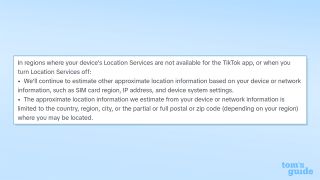
Using a VPN to access TikTok
If TikTok is banned in the US, you would likely still be able to access it by using one of the best TikTok VPNs. Using a VPN and connecting to a server in a country where TikTok is available would be an easy way to maintain access to the app if there are issues using an already downloaded version of the app in the US.
Users could also try and connect to a VPN to download the app on their devices, if it isn't already there, by connecting to a non-US server. However, accounts are often connected to the region you sign up in, so this may not be a foolproof method.
TikTok's use of mobile numbers could also cause a problem. Even if users were successful in using a VPN to bypass the ban, TikTok could block access if you have a US phone number linked to your account – but, as mentioned above, this would depend on whether TikTok assists with banning measures.
How has this case come about?
The fractured relationship between TikTok and the US government goes back years, and correlates with rising geopolitical tensions between America and China.
In April 2024, President Biden signed into law a bill which gave ByteDance nine months to find a US-approved buyer or face a ban in the country.
In a statement on 6 December 2024, the US Justice Department's Attorney General Merrick B. Garland said the law was "an important step in blocking the Chinese government from weaponizing TikTok to collect sensitive information about millions of Americans, to covertly manipulate the content delivered to American audiences, and to undermine our national security,”
ByteDance has denied being linked to the Chinese government, said no data would be handed over, and refused a sale. They have filed a number of legal challenges against the proposals, arguing a ban would be unconstitutional.
The Supreme Court will hear arguments from the US government and ByteDance in a hearing on 10 January 2025, with the law due to come into force on 19 January 2025.
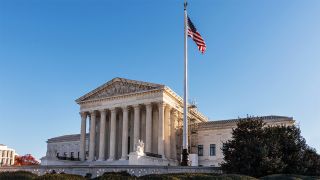
Can a ban be avoided?
A ban could be avoided if ByteDance sells TikTok to an American company. This would have to be approved by the US and Chinese governments, and would not be straightforward.
Other ways TikTok could survive include licensing the brand to a US company or splitting the brand, creating TikTok US as an independent company. There is also a possibility that the ruling could be reversed or delayed.
President-elect Donald Trump opposes the ban and, in December 2024, asked the US Supreme Court to pause implementation of the law. Trump has changed his stance on the issue, having tried to ban TikTok in 2020 when he was last in office, and he will be sworn in as President for a second time on 20 January 2025 – a day after the law is due to take effect.
Your data is still at risk
Regardless of who owns TikTok, your personal data is at risk. In 2022, Australian cyber company Internet 2.0 published a report into TikTok's data collection and found it harvested excessive amounts of data.
The data included user location, access to calendars and contacts, device information, and device mapping – including all other running applications on your device.
This is unlikely to change if ByteDance sold the app to a US-based company. Apple has recently paid $95 million dollars to settle a lawsuit involving Siri and claims it has violated user privacy.
Google's Nest and Amazon's Echo smart speakers have also been found to collect excessive amounts of personal data. There is also a dark side to music personalization, with Spotify Wrapped only working because of personal data collection. Although Spotify is a Swedish company, it is huge in the US and shows excessive data collection is not just a product of Chinese companies.

How to limit data collection
All social media apps and smart devices require a certain amount of personal data to operate. Your name, email address, and phone number are common requirements needed to sign up for the likes of Instagram, Facebook, and TikTok. But the issues are with "excessive" data collection.
Make sure you have read the app's privacy policies to understand what you're consenting to. Check the app's permissions and data collections and only accept what is absolutely necessary.
Disclaimer
We test and review VPN services in the context of legal recreational uses. For example: 1. Accessing a service from another country (subject to the terms and conditions of that service). 2. Protecting your online security and strengthening your online privacy when abroad. We do not support or condone the illegal or malicious use of VPN services. Consuming pirated content that is paid-for is neither endorsed nor approved by Future Publishing.
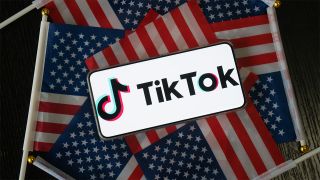

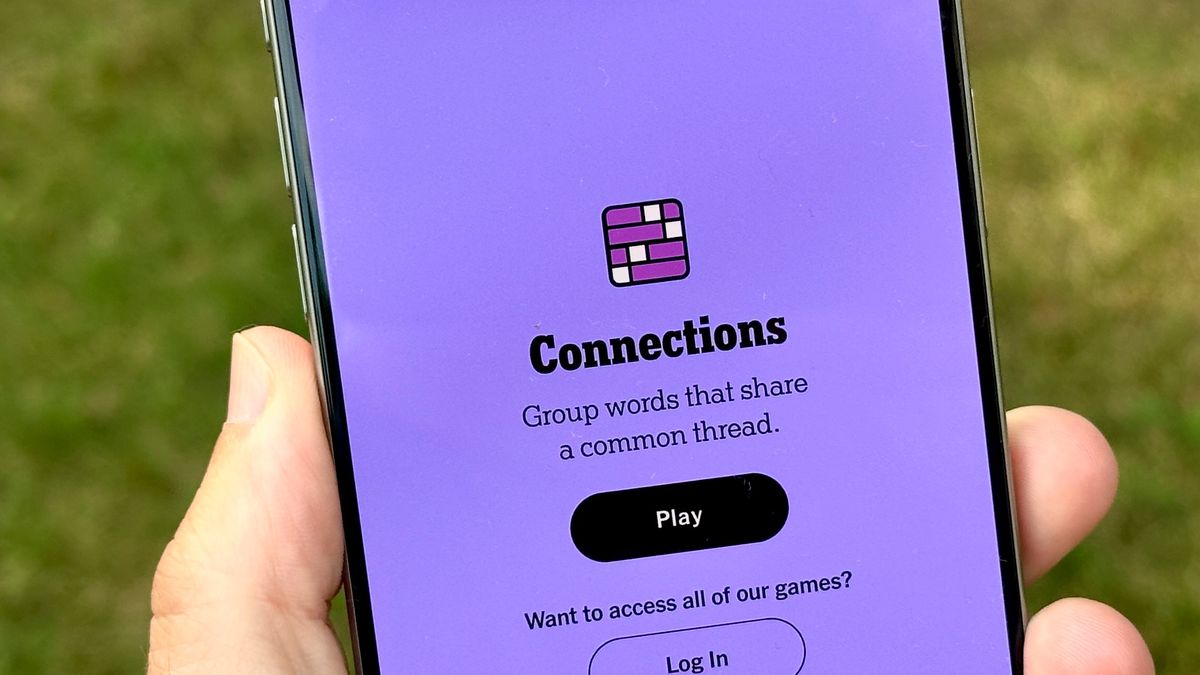
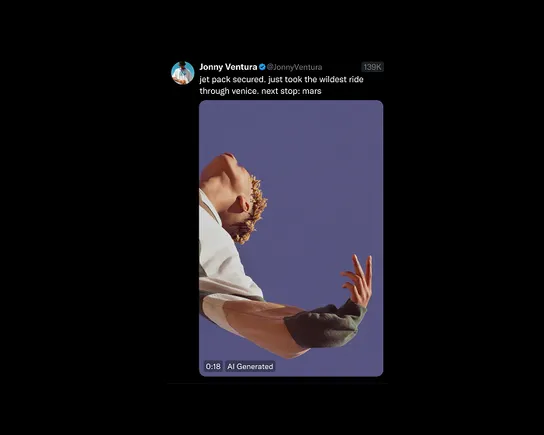
![20 Predictions for Social Media in 2025 [Infographic]](https://imgproxy.divecdn.com/HMVhRh2JvYwAse_QsxNWdYtb_Of31-oCF2OnUe4eZqA/g:ce/rs:fit:770:435/Z3M6Ly9kaXZlc2l0ZS1zdG9yYWdlL2RpdmVpbWFnZS9zb2NpYWxfbWVkaWFfdHJlbmRzXzIwMjVfMi5wbmc=.webp)

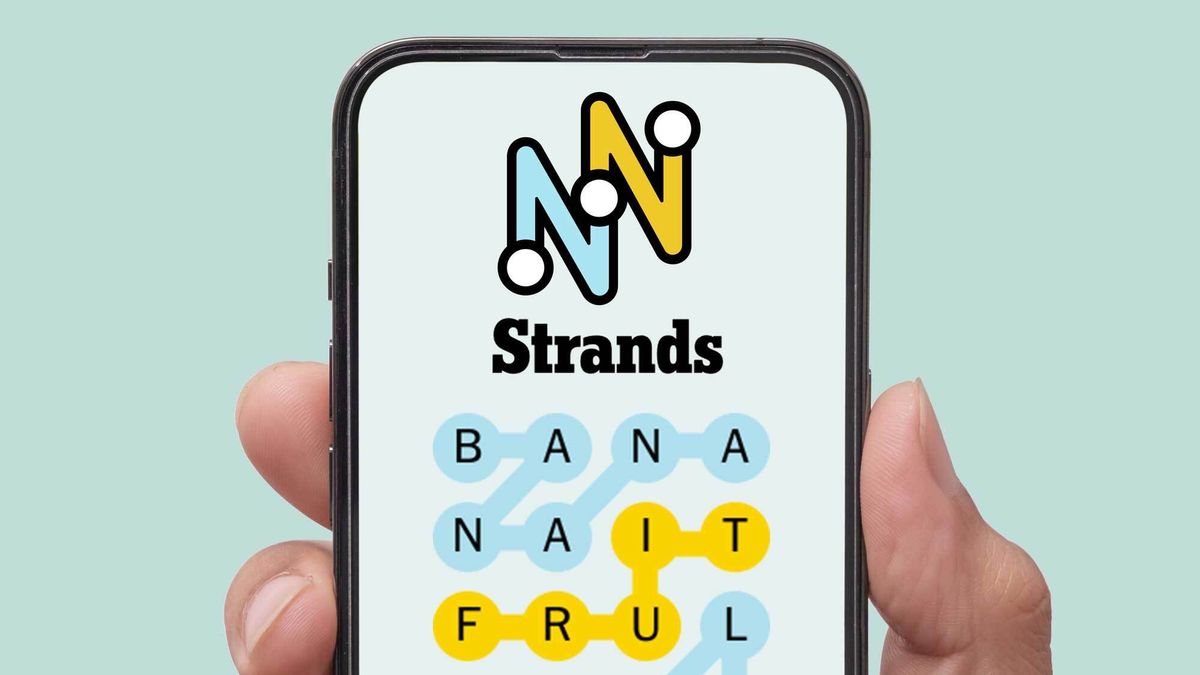


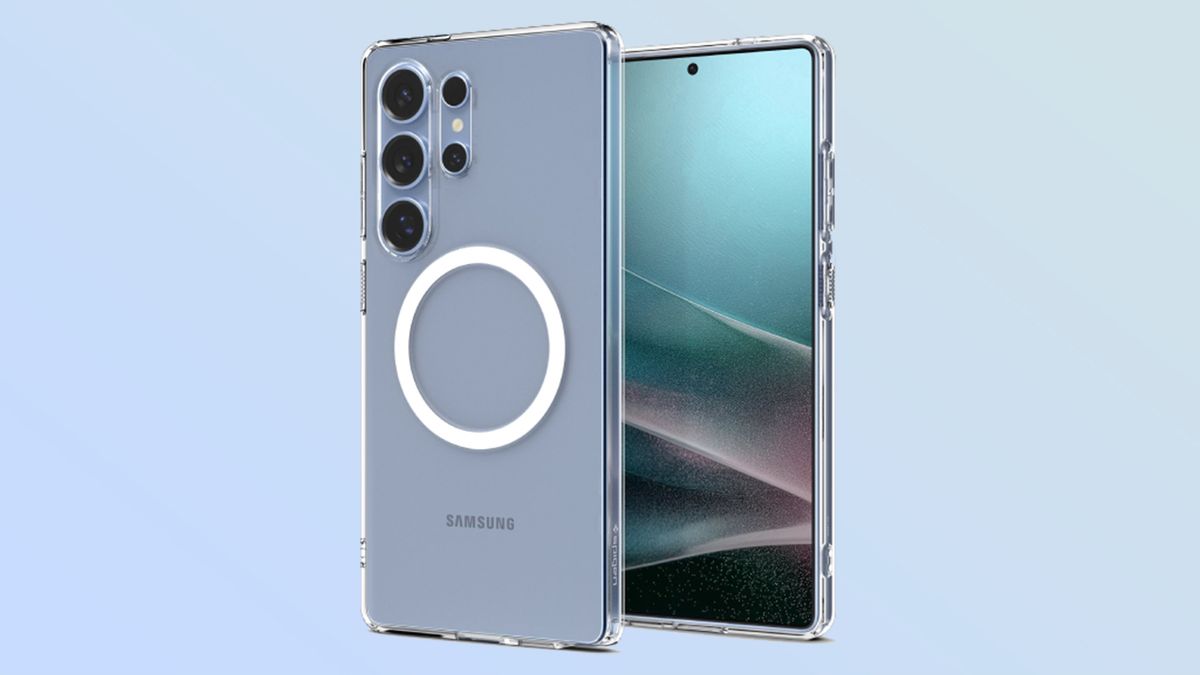
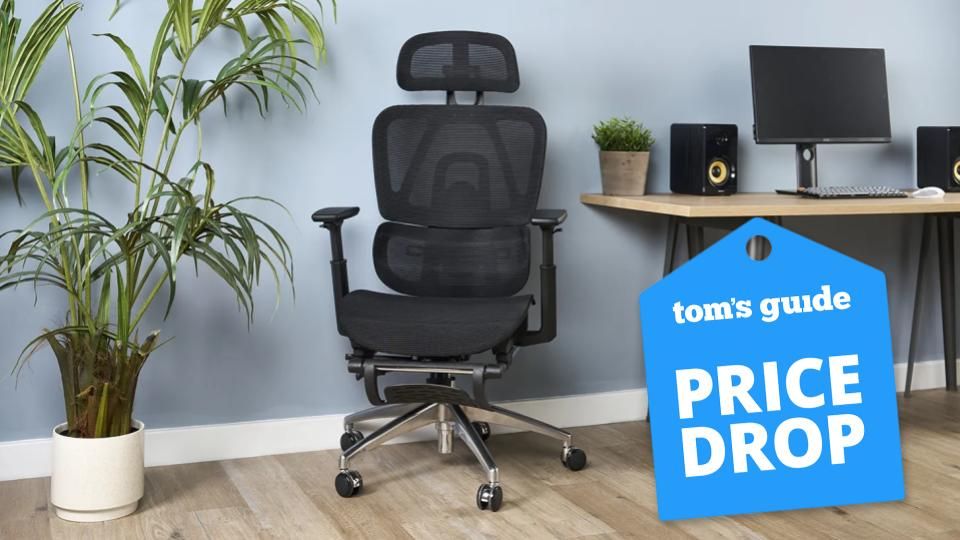

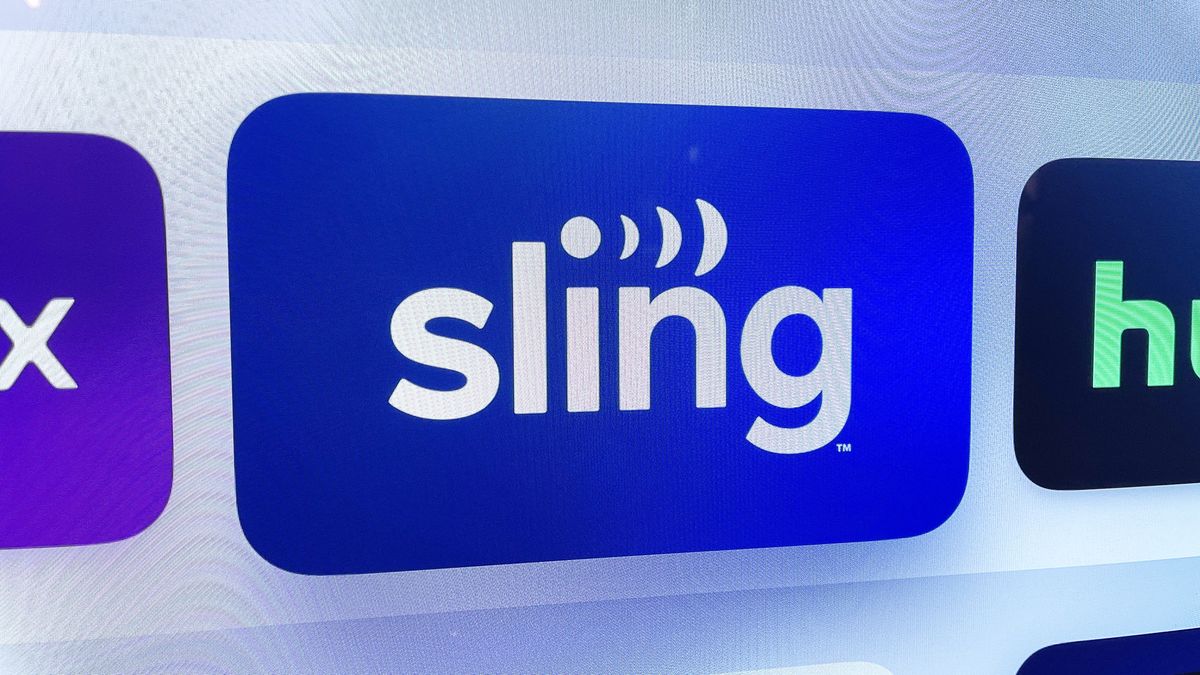








 English (US) ·
English (US) ·